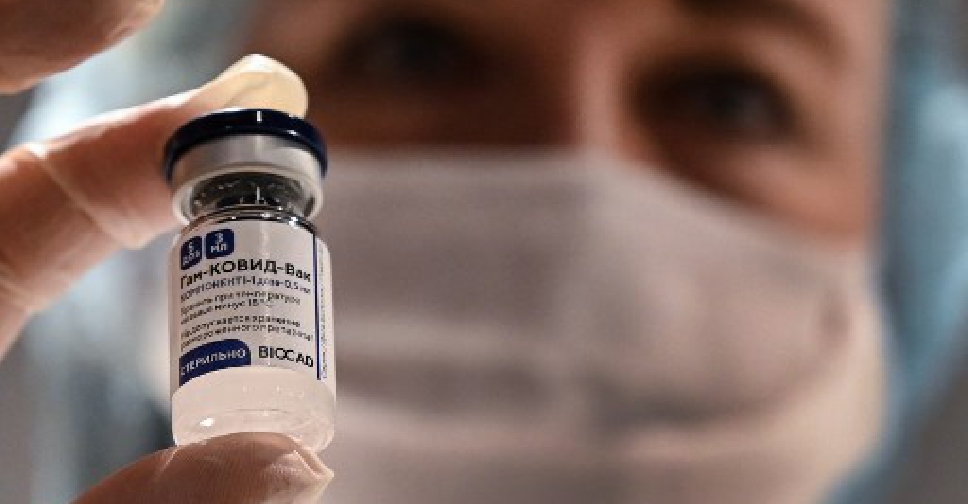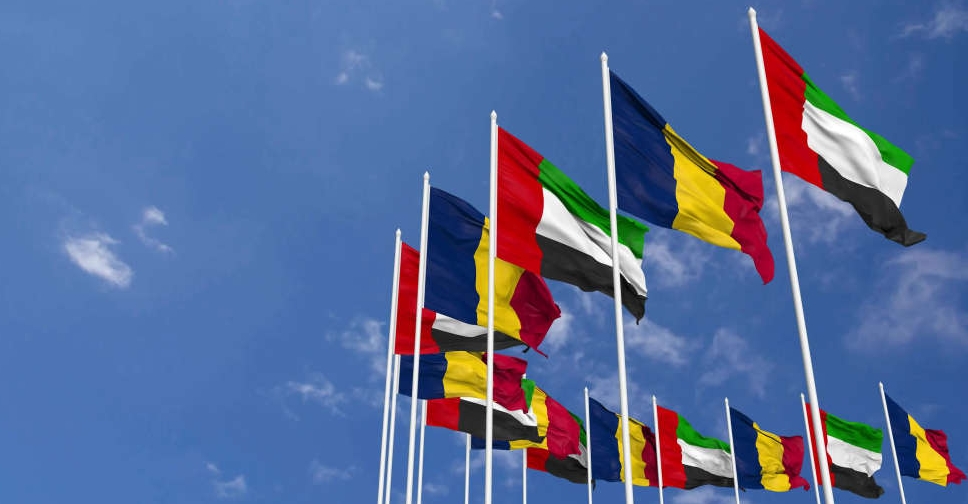
The United Arab Emirates University (UAEU) is supporting the clinical trial of the novel COVID-19 vaccine developed by the Gamaleya Institute of Epidemiology and Microbiology in Russia.
It's the world’s first registered vaccine based on a well-studied human adenoviral vector-based platform.
Sputnik V is nearing the end of the clinical testing process with 40,000 volunteers currently involved in a Phase III trial in Russia.
Interim results have shown the vaccine has 92 percent efficacy after the second dose.
Phase III trials have been announced in selected partner countries including the UAE, which has already recruited more than 500 volunteers.
The UAE trial is led by Dr. Ahmed Al Hammadi (Consultant in Infectious Diseases, Tawam Hospital) and supported by Dr. Basel Al Ramadi, Professor of Immunology and Chairman of the Department of Medical Microbiology and Immunology, College of Medicine & Health Sciences (CMHS), UAE University. Product Development Company (PDC) will be conducting the study in Al Ain with Pure Health managing the project.
Volunteers in the UAE trial are receiving two doses of the vaccine three weeks apart at Tawam Hospital.
They will participate for a year and tested at regular intervals to determine how effective the vaccine is and how long it remains effective.
Two of the laboratory tests will be conducted by UAEU scientists with other tests at Tawam hospital (SEHA) and Sheikh Khalifa Medical City.
UAEU will be the first university in the MENA region to study the vaccine and is expected to publish the results of the trial in international peer-reviewed journals.
A face-to-face meeting took place in Al Ain in November with all the partners including the Russian development team who presented detailed scientific background to the vaccine and early trial results to the group who met at the UAEU College of Medicine & Health Sciences.
Professor Basel Al Ramadi who chaired the meeting said, "We are excited to be part of this clinical trial and grateful for the support provided by CMHS and UAE University. The results of this clinical trial will provide important clues about the long-term immunogenicity and effectiveness of this vaccine."




 UAE to build mosque and cultural centre in Chad
UAE to build mosque and cultural centre in Chad
 UAE human rights body receives European Parliament delegation
UAE human rights body receives European Parliament delegation
 RTA opens new bridge to cut travel time by 67%
RTA opens new bridge to cut travel time by 67%
 UAE, Chad Presidents discuss closer cooperation
UAE, Chad Presidents discuss closer cooperation
